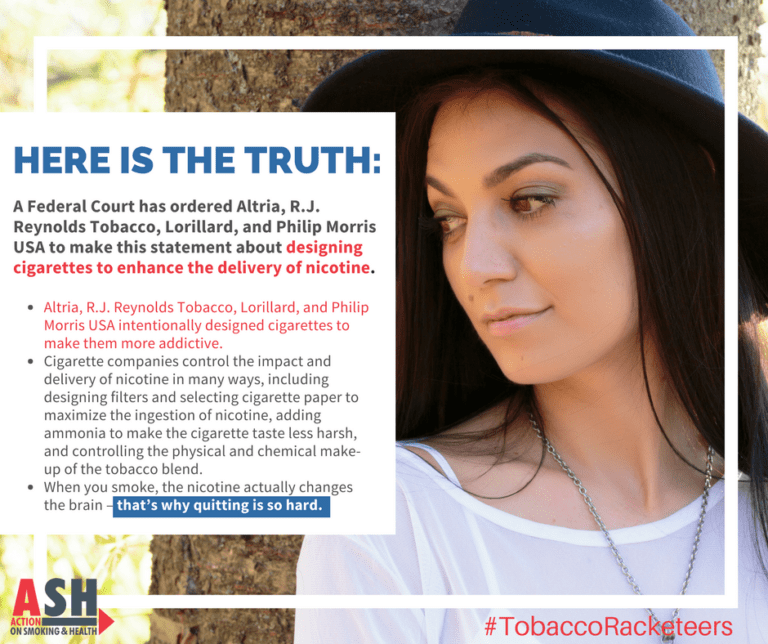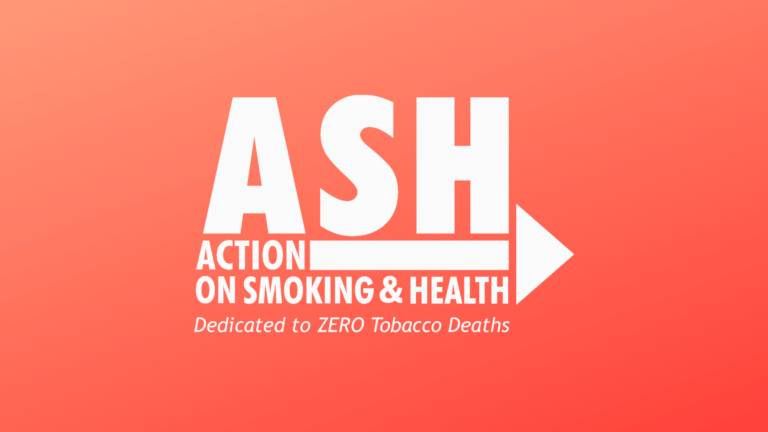
FINALLY! Corrective Ads Published!
**UPDATE 3** – Beginning on November 26, 2017 the public will begin seeing long-awaited “corrective statements” by the tobacco industry on television and in newspapers. The major U.S. tobacco companies were ordered by the court to issue these ads because those companies had “deliberately deceived” the American public about topics









